Reducing the risk factors and enhancing the protective factors associated with initiating substance use.
Prevention
Field Guide to Drug Demand Reduction Program Development, 2nd ed.
The Field Guide to Drug Demand Reduction (DDR) Development is an annual publication by the U.S. Department of State primarily for its Embassy personnel abroad to guide in the development of substance use prevention and treatment programming...
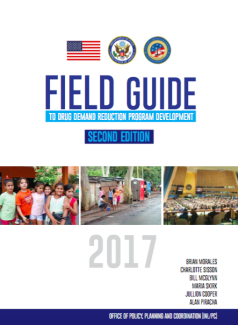
Community Convening Guide: Substance Use Prevention, Screening, and Early Intervention
A key objective of Facing Addiction’s Action Agenda is to spread the awareness and adoption of youth prevention activities in your communities, examples of which include evidence-based prevention programming highlighted in the 2016 U.S...
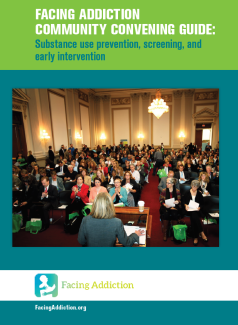
Personality-Targeted Substance Use Interventions: Do They Work?
Do high-risk pupils benefit more so from psychological interventions than standard drug education initiatives? Much research suggests there are, in fact, a number of significantly positive effects associated with the former. What is more...
Preventing Violence Through Alcohol Consumption Reduction Measures
The World Health Organization has released a series of briefings on violence prevention. Of particular interest is Chapter 3: Preventing Violence by Reducing Availability and Harmful Use of Alcohol. ‘Harmful use of alcohol is a major...
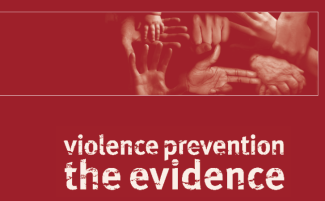
Prevention and Treatment for Drug Use in Rural Settings
The United Nations Office on Drugs and Crime (UNODC) has recently published what the organisation describes as ‘an awareness-raising tool’ aimed at policy-makers, public health officials, local authorities and other stakeholders. Its intent...
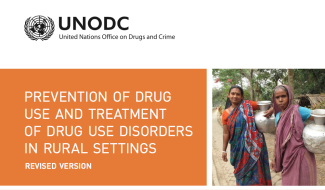
How to Implement Effective School-Based Drug Education
The United Office on Drugs and Crime (UNODC) outlines a number of methods that can be adopted by schools.
Webinar: Use of the Electronic Medical Record in Prevention Research
Medicine: Mind the Gap is a webinar series that explores research design, measurement, intervention, data analysis, and other methods of interest for prevention science.
Technical Consultation on Updating the Prevention Standards
Gilberto Gerra, Chief of the Drug Prevention and Health Branch at the United Nations Office on Drugs and Crime (UNODC), opens the meeting on the "Technical consultation on updating the prevention standards" at UNODC headquarters in Vienna...
ISSUP at the Society for Prevention Research Annual Meeting
Last week Joanna Travis-Roberts, ISSUP's Deputy Executive Director, and Livia Edegger, ISSUP’s Communications and Research Manager, attended the Annual Meeting of the Society for Prevention Research (SPR) in Washington, D.C. Prior to the...
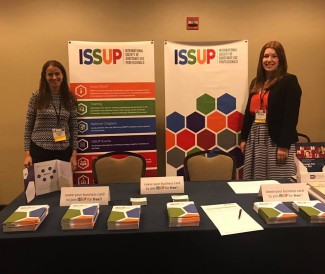
How Do We Tackle the Opioid Epidemic?
The over-prescription of opioids is a significant public health issue in the United States. For example, opioids are often prescribed for minor injuries unnecessarily. This, in turn, increases the risk of addiction. New research presented...
